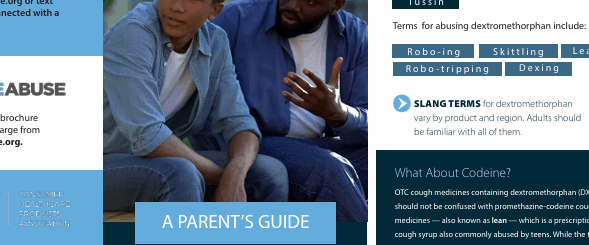As our children transform into teenagers, their social atmosphere changes, and our teens may begin to feel the pressure to use drugs and alcohol. Communication is the key to prevention.
Keeping yourself educated and aware of the current drug and alcohol trends can help you protect your teen from going down the wrong path. Below are four stages of substance abuse that parents need to be aware of when raising teens.
Stage One: Experimentation
You may find your teen participating in underage drinking, smoking cigarettes, marijuana, or even abusing prescription or over-the-counter drugs. Some teens experiment, and their use stops there. For others, this can be the first step in a lifelong struggle with substance abuse. Many who have become addicted have started drinking and using drugs as early as 12 years old. Early use is one of the risk factors for addiction.
Stage Two: Regular Use
You may begin to notice your child has a regular pattern of underage drinking or drug abuse. At this stage, they are still able to stop this pattern. Some risky behavior may begin to occur in this stage such as binge drinking, driving under the influence, or becoming preoccupied with drugs. Your teen can also begin to show defiance, depression, or anxiety.
Stage Three: Substance Abuse/Risky Behavior
You continue to find evidence of your teen’s persistent substance abuse. Relationships with family and friends are impacted. Negative consequences at school and work and possible legal problems may emerge. Despite the consequences of your teen’s risky behavior, the substance abuse continues.
Stage Four: Addiction or Chemical Dependency
Your teen’s drug or alcohol abuse may have progressed to addiction, which is a chronic, often relapsing, but treatable brain disease. A characteristic of addiction is cravings that tell a person’s brain that continued use is critical for their survival. Cravings are what drive the dependent person to continue to use, despite the damage that it creates in their life and to the lives of those around them.
The stages described above can be different for everyone. A person can move through the stages quickly or it can take several years. It is important, especially when teens are involved, to address the issue of substance abuse early before it grows into a much more significant problem.





